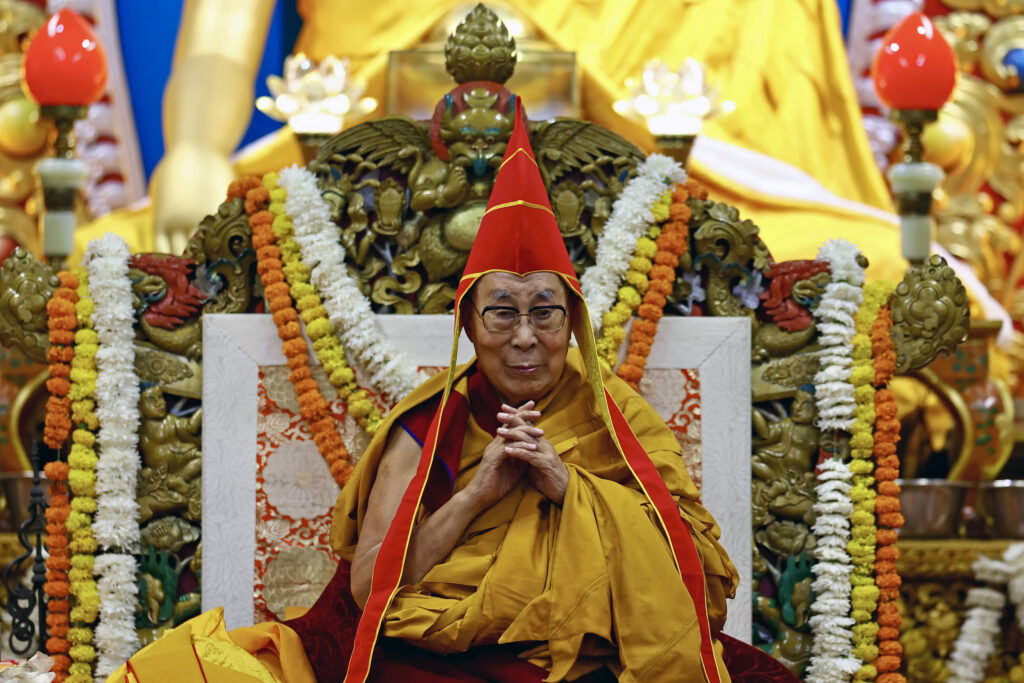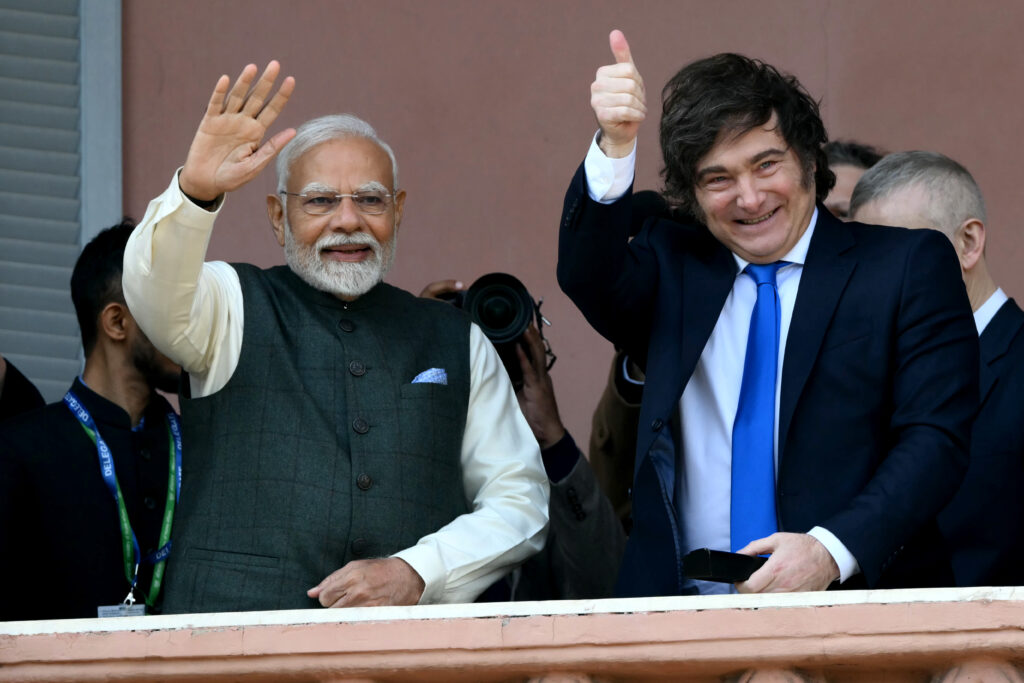India captain Gill hailed back home after ‘brilliant’ Test win
New captain Shubman Gill was hailed Monday for leading from the front after India recorded their maiden Test win at Edgbaston to level the series against England 1-1.Gill, who notched a century in a losing cause in the first Test at Headingley, hit new heights in scoring 269 and 161 to set up a crushing victory by 336 runs which leaves the five-match series finely poised.It was India’s first win in nine Tests at the Birmingham venue, following seven previous defeats and one draw.”New captain, new India”, The Indian Express newspaper splashed across its front page.Gill, 25, became the youngest Indian Test skipper to register an overseas win in just his second match in charge following the retirement of Rohit Sharma.he eclipsed Sunil Gavaskar, who was 26 when he led India to victory over New Zealand at Auckland in 1976.Gill came into the series with concerns over his batting average overseas, which had been less than 30, but he has shut down all the noise by stroking a remarkable 585 runs from four innings.Cricket icon Sachin Tendulkar called it a “Shublime innings from the man of the moment,” offering his congratulations for “powering India to a brilliant Test victory.”Tendulkar, writing on social media, added: “India’s approach was to take England out of this game and force them to play differently, making sure that there would only be one winner.”- ‘Drowning Street’ -Fast bowler Akash Deep took a match haul of 10 wickets after replacing the rested Jasprit Bumrah as England were bowled out for 271 in their chase of 608 on day five.”What impressed me most about the bowlers was the length they bowled”, Tendulkar said.Deep took 6-99 in the second innings, including bowling the world’s top-ranked Test batsman Joe Root with a delivery that nipped away sharply and was called the “ball of the series” by Tendulkar. Batting great Virat Kohli, who also retired before the series, said: “Great victory for India at Edgbaston” and wrote that India had been “fearless and kept pushing England to the wall.” “Brilliantly led by Shubman with the bat and in the field… special mention to (Mohammed) Siraj and Akash for the way they bowled,” he added.Former captain Sourav Ganguly praised Gill’s performance and India’s superior bowling attack, calling Akash and Siraj “workhorses”.Indian newspapers had a field day with an outpouring of joyous puns.The Times of India said: “Deep’s 10 send Eng to Drowning Street” and “Edg-bastian breached.”The third Test of the five-match series begins on Thursday at Lord’s.







